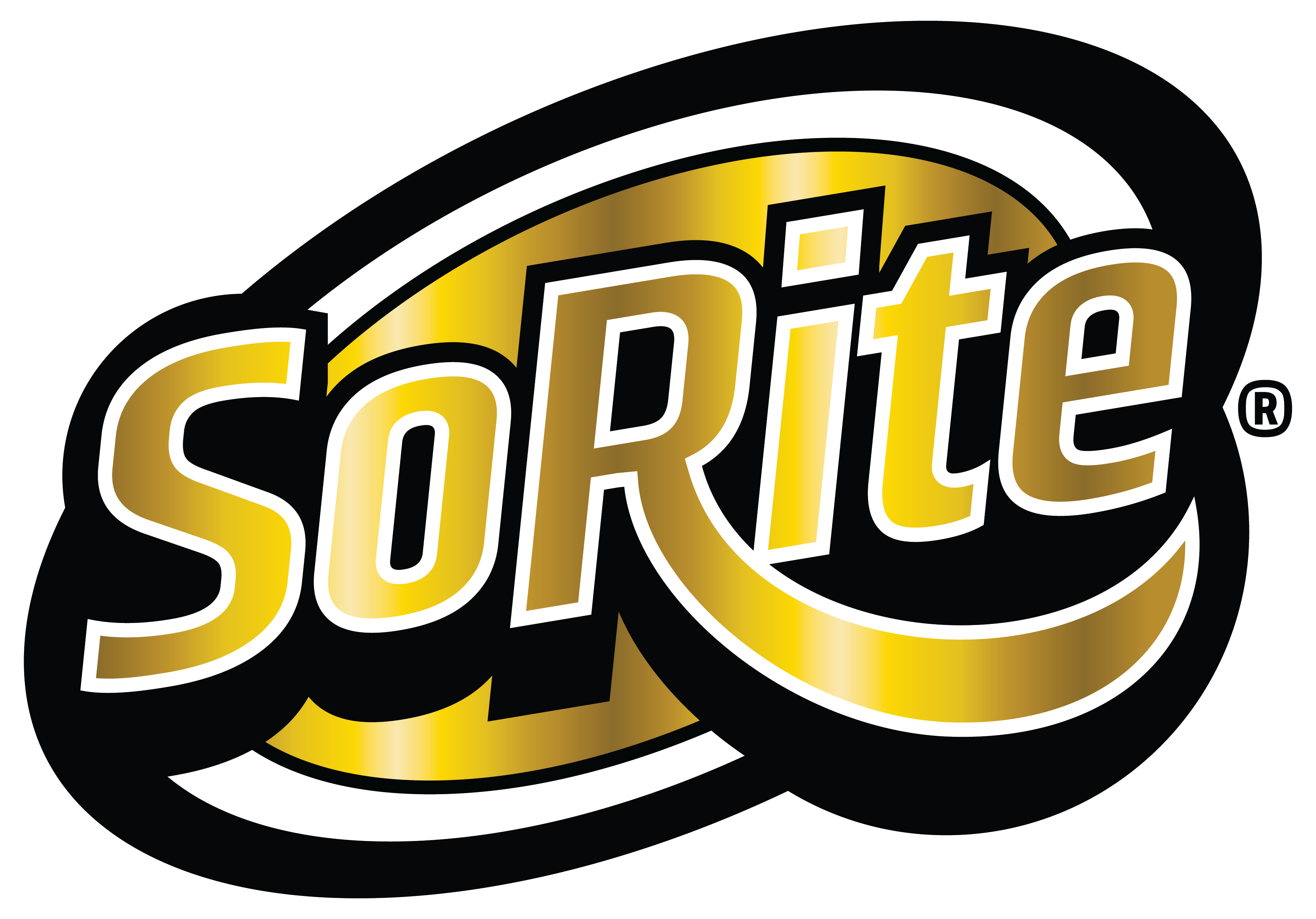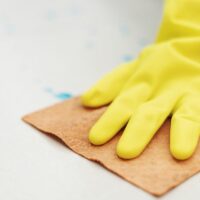We advertise our product using a lot of “non” prefixes. Non-irritating. Non-caustic. Non-corrosive. Non-reactive. In other words, it won’t irritate your skin, it won’t harm you, it won’t corrode your metal pipes, but what does “non-reactive” really mean?
The simplest definition is to say that it will not react chemically with surfaces or other ingredients because it is neither acidic nor alkaline.
When cooking, have you ever come across a recipe that calls for you to use a nonreactive bowl or saucepan? That is because acidic ingredients such as red wine or vinegar can cause the pan or bowl to discolor or pit. Stainless steel is often used in cookware, because of its nonreactive qualities. Aluminum, tin or copper are examples of cookware that reacts poorly with acidic ingredients.
Another place in your home that it’s good to know whether a cleaning chemical is nonreactive are your countertops, mantles and floors. Many cleaning chemicals react poorly with marble, granite and other stone.
Cleaning chemicals that are highly reactive include bleach (sodium hypochlorite) and hydrogen peroxide as well as certain botanicals. Read your labels. Do not use these chemicals on hard and soft surfaces for which they are not intended.





